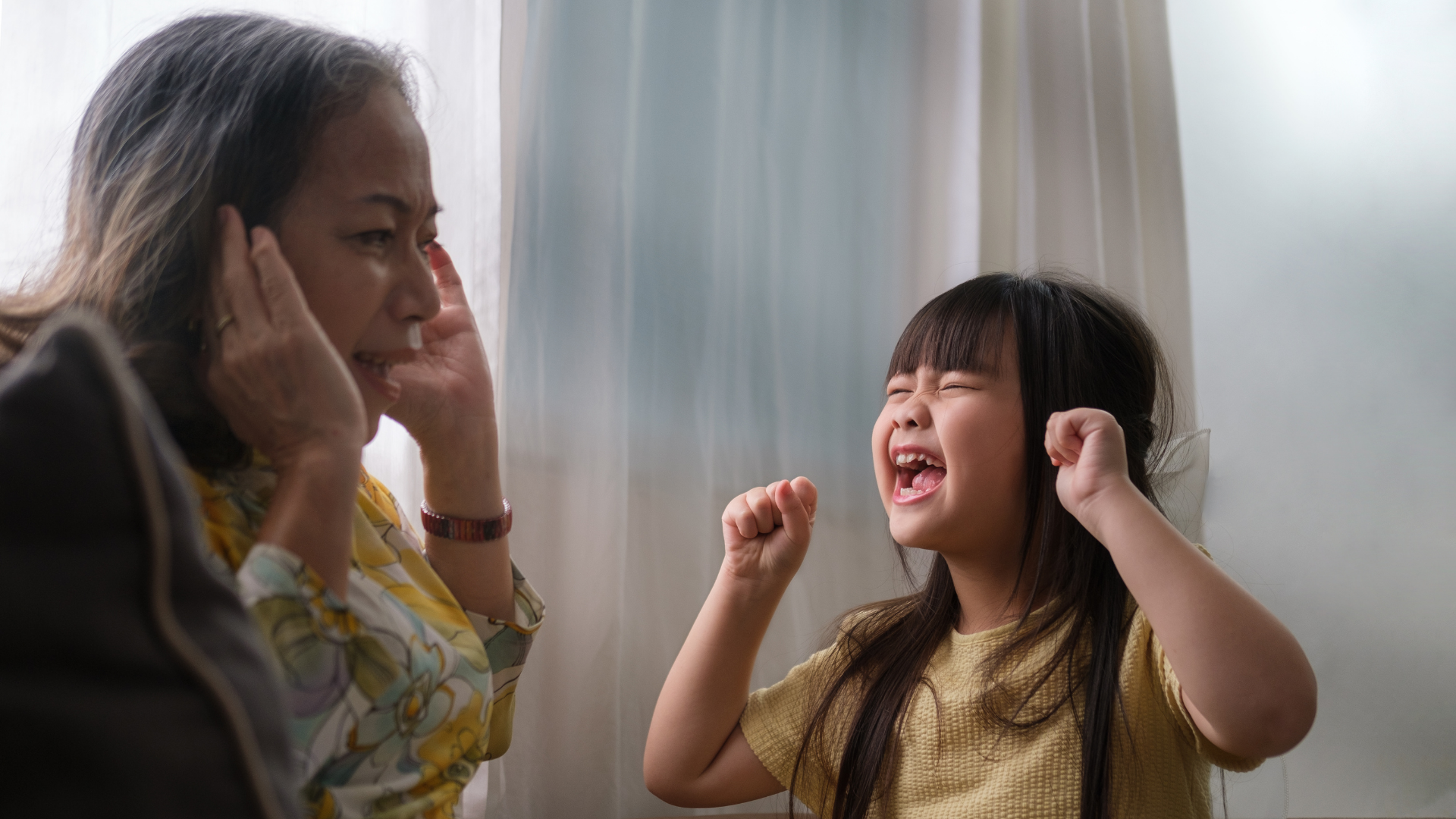
Anxiety in teens and children is a common psychological issue. These feelings are normal and temporary, but if they build in intensity or stick around for longer than a few weeks, they can lead to anxiety. Nearly one in 10 children (aged between 13 to 18 years) experience anxiety disorder.
While anxiety problems can be chronic and enduring, there are things you can do as a parent to help your son or daughter overcome the debilitating feeling. Your teen’s anxiety stems from fear and awareness that something is causing them distress. Common causes of anxiety include fear, worry, and uncertainty.
The Sources of Stress in Young Children
While young children naturally experience stress, it’s important to identify the causes of stress and how they affect toddlers and preschoolers. Be aware that children react differently to stress, which is why you should monitor their behavior. In case of stress symptoms in your young one, it is advisable to consult a local pediatrician for help. For a list of reputed pediatric care specialists in your area, you can search online using phrases like “best pediatrician near me” to find a pediatrician who can help with stress and depression in children. An experienced medical professional can provide your child with the treatment they need.
Sources of Stress in Adolescents and Teens
Stress can seriously impact our mental health and lead to anxiety, depression, and even suicide. Adolescents’ and teens’ stress can come from a variety of sources, including family, school, work, and peers.
Ways How to Properly Handle Anxiety in Teens and Children
-
- Sleep well. In fact, some studies claim that sleep should be the number one priority. Coping with anxiety is sometimes a long and slow process. However, parents can help their children combat anxiety by helping them get enough sleep and by providing a supportive environment.
- Exercise. Exercise has way more of a positive impact on anxiety than many fail to realize. Exercise releases endorphins, which are chemicals that make you feel happy. When endorphins are released, they help manage your anxiety much better.
- Talk it out. Kids and teens who cope with anxiety should seek the support of their trusted ones. The parents need to care about them, listen to them, provide positive reinforcement, and offer guidance and advice.
- Make time for fun. Feeling anxious is natural, but feeling worried all the time isn’t. Parenting children with anxiety can be frustrating and challenging to any parent. The good news is that there are many ways you can support your child’s mental health, and it all starts by helping them find something fun.
- Get outside. Despite popular belief, one of the best ways to handle anxiety in teens and children is to go outside. Parents often believe teens and children can’t handle the outdoors, but going outside for even short periods of time can help calm their thoughts. Getting outside, even if it’s just going to the local park and helping them with breathing exercises that can calm them.
- Engage in self-care. Particularly for teens and adolescents, starting a healthy night-time skincare routine or taking time out to paint could serve as a way to relax. As a parent, you could also enjoy spa days with your teen, by looking up “facial spa near me” and enjoying a day for a self-care. This could improve your bond and also help them relax.
- Breathe. Learning how to breathe can be effective. Breathing exercises instantly calm the body and the mind. These forms of exercises are very easy and can be done anywhere.
- Meditate Getting your kids to practice meditation and other Holistic Therapies from a certified expert could help them manage their stress a lot better. Teaching your kids the importance of mindfulness and management might help them later in life as well.
How Can Parents Help?
When someone we love is struggling with mental health issues, it’s normal to feel scared, angry, and frustrated. As a parent, it can sometimes be difficult to know what to do when your child starts displaying signs of mental health problems, especially anxiety.
Children who are suffering from anxiety often present to their parents seeking help. Whether the issue is school-related, sports or social, or general anxiety, parents are often at a loss when it comes to helping their children in this matter. Parents can use the methods mentioned earlier to help their kids cope, or if needed, they could even suggest their children try therapy for anxiety.
While teens can struggle with fitting in at school and fitting in at home, there are steps you can take to help your teen work through negative emotions and strategies to feel more confident and capable. Try to make your child feel safe.
Anxiety is a tricky beast because it often presents in ways that look very different in different people. Your child may express anxiety in physical ways, such as fidgeting, making repetitive motions, or crying for seemingly no reason. Or your child may express anxiety in verbal ways, such as complaining or refusing to engage in activities you once enjoyed together. The teenage years can be tumultuous for a child too. Both physical and emotional changes can roil them, and challenge their sense of identity.
Parents, therefore, need to support their children during this growing period and be there for them in their times of need. More importantly, do not hesitate to seek professional help, if you think you are running out of options.
